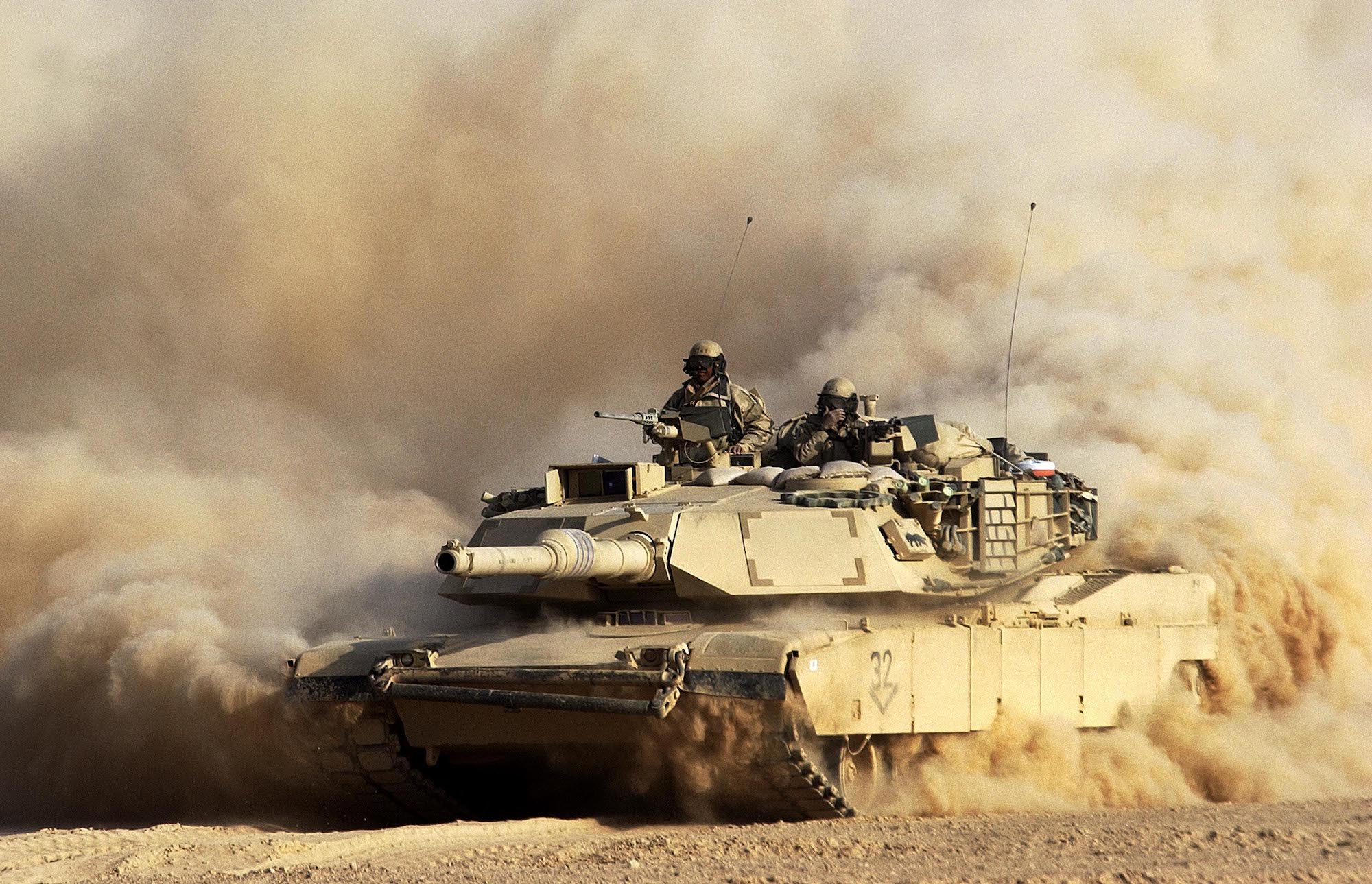Bahá’í teachings offer profound insights into the nature of conflict, emphasizing the sanctity of human life and the imperative of fostering global harmony. At the heart of these teachings lies a transformative perspective on war and its intrinsic atrocities, collectively termed “war crimes.” This examination unravels the spiritual and ethical fabric woven into the fabric of Bahá’í beliefs, elucidating that war is not merely a political malfunction but a fundamental moral failing that demands reevaluation from both individual and collective viewpoints.
Central to the Bahá’í faith is the conviction that humanity constitutes a single, interconnected entity. This principle of unity posits that all individuals, irrespective of nationality, race, or creed, should be regarded as members of one global family. As such, the Bahá’í teachings assert that every act of war inherently violates this principle of unity. The fragmentation wrought by conflict not only devastates physical landscapes but also ruptures the societal bonds that hinge upon mutual respect and understanding. Recognizing war as a crime against humanity challenges us to reconsider our allegiances and responsibilities to one another.
War crimes, as delineated in modern discourse, extend beyond the battlefield to encompass atrocities committed against civilians, violations of human rights, and the unlawful targeting of non-combatants. The Bahá’í perspective urges individuals to adopt a holistic view of these crimes, positing that each act of violence reduces the collective spiritual stature of society. Thus, the essence of Bahá’í morality implores adherents to advocate against any form of oppression and injustice, viewing such acts as detrimental to the divine purpose of humanity’s gradual evolution toward unity and peace.
The historical backdrop of warfare showcases humanity’s proclivity for conflict. Numerous wars have inflicted untold suffering, leaving indelible scars on society. Yet, Bahá’í teachings assert the possibility of transformation through proactive engagement with the underlying causes of war. It emphasizes the necessity for deep-seated changes in attitudes and behaviors, nurturing the principles of justice, equity, and dialogue. This shift, though challenging, is pivotal for fostering a culture that resists conflict and champions reconciliation.
In recent decades, the global consciousness surrounding war crimes has gained momentum, igniting fierce debates around international law and accountability. The Bahá’í perspective contributes significantly to this discourse by advocating for a framework grounded in spiritual principles. It challenges us to question what constitutes justifiable action and press upon leaders the moral imperative to seek peace through dialogue rather than violence. The writings of Bahá’u’lláh highlight the need for a global governance system that transcends geopolitical divides, steering humanity towards collaborative solutions that underscore the oneness of mankind.
Furthermore, one cannot overlook the profound psychological dimensions of warfare, wherein the collective trauma manifests in various societal dysfunctions. The Bahá’í teachings stress the importance of healing and reconciliation as counterstrategies to the lingering effects of violence. Learning from past transgressions and neglecting the historical lessons fostered by conflict are key to avoiding a repeat of such tragedies. Through education and compassion, individuals can cultivate a culture of peace, wherein the past informs the present without shackling future generations to cycles of vengeance and bitterness.
The Bahá’í approach to addressing the ramifications of war extends to practical applications. Community-building initiatives that promote understanding, tolerance, and co-existence are integral to actualizing these values on a local and global scale. By fostering interfaith dialogue and collaboration, Bahá’í communities are reimagining spaces that once brimmed with hostility into ecosystems of support and empathy. The transition from a belligerent mindset to one that embraces solidarity paves the way for collective healing, ensuring that the scars of conflict do not dictate the future trajectory of humanity.
Ultimately, the call to action embedded within Bahá’í teachings invites humanity to confront the moral implications of war head-on. The narrative surrounding war crimes is not merely an examination of historical occurrences; it encompasses a clarion call for introspection and accountability. Individuals are encouraged to reflect upon their roles as stewards of peace in their communities. Living in accordance with the principles of justice, compassion, and unity propels humanity toward a paradigm shift, where war is considered not as a mere political maneuver but as an affront to our collective moral integrity.
In summation, Bahá’í teachings cultivate a distinctly different lens through which to view the phenomenon of war and its attendant crimes. By framing conflict as a moral violation against humanity rather than a necessary evil, the discourse invites stakeholders—be they individuals, communities, or nations—to reevaluate the ethical foundations of their actions. In embracing the ethos of unity and the recognition of the oneness of humanity, a powerful transformation can occur, instigating a shift from war as an inevitable reality to peace as an attainable goal. The journey toward this enduring peace requires the collective effort of every individual, united by the desire for a world no longer marred by war, injustice, and division.
